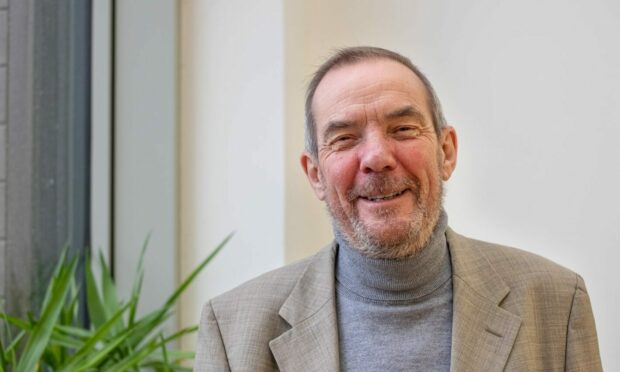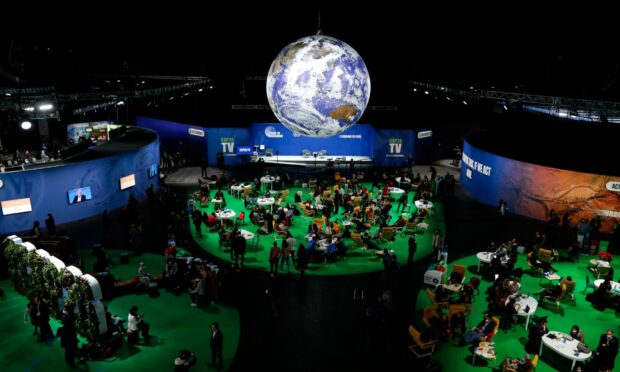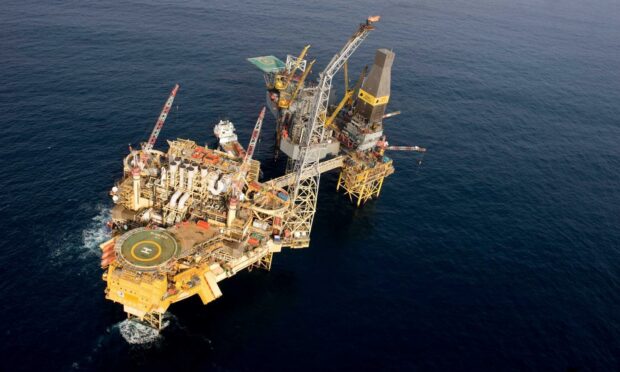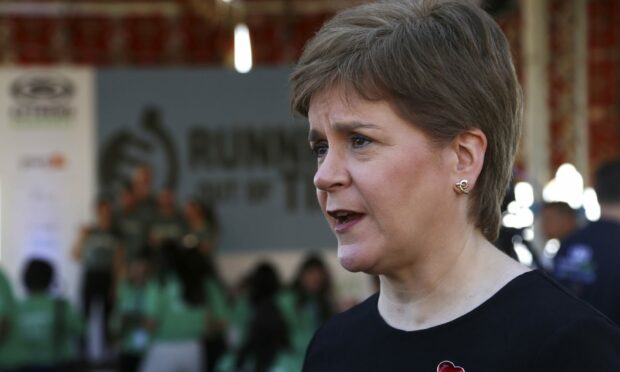Achievements made at last year’s COP26 climate summit in Scotland have been overshadowed by the energy crisis, a Highland environmental expert warned.
Professor Nicholas Owens said global warming risks playing “second fiddle” to the immediate crisis as countries look for a “quick fix” to bring down high energy prices.
World leaders – including Rishi Sunak and Nicola Sturgeon – have been in Egypt this week for COP27 a year on from crisis talks in Glasgow.
When they met in Scotland, the true scale of the cost-of-living emergency had not yet become apparent and Russia was still to mount its invasion of Ukraine.
Prof Owens, a marine scientist at the Highlands and Islands University, said the Glasgow conference did well to highlight the scale of the climate crisis.
He told the Press and Journal: “It did the right things. It distilled the science down into a pretty simple, punchy message.”
One year later…
But since then, much has changed.
The energy crisis has seen household bills soar and governments forced to make extraordinary interventions to help struggling families.
A split has emerged over the future of oil and gas in the North Sea.
Prof Owens said: “The focus on the message from Glasgow has just got lost in this bigger horribleness.
“It hasn’t undermined the arguments. What it has done is actually taken the attention away.”
He added: “Climate change is an insidious thing. It does start playing second fiddle to these other things.
“What we’re seeing is the need for a quick fix. The only way to do that and get a quick fix is by drilling more.”
To stay or go?
First minister Ms Sturgeon was on the receiving end of criticism from rivals for her attendance at COP27.
Meanwhile, new prime minister Rishi Sunak originally didn’t plan to go at all, before he relented and travelled to the Sharm El-Sheikh summit.
But is there any actual value in world leaders attending these conferences, or is it all just for show?
Prof Owens said: “They just show up for a very short period of time. It’s difficult to avoid the interpretation that there’s a bit of showmanship.
“But you do have to feel sorry for the first minister. What would have happened if she hadn’t gone?
“And it’s the same with Rishi Sunak frankly. He was on a hiding to nothing.
“Taking all the politicking out of it, I think it is important that our leaders are seen to lead.”
Dr Simon Cook, a geoscientist at Dundee University, takes a similar view.
In an interview with The Stooshie, the politics podcast from DC Thomson, he said: “It’s easy to be cynical about politicians, but to me it’s a good thing they both went.
“They are delivering a message from different ends of the political spectrum, and I hope the public takes that message onboard.”
Make or break
However, Dr Cook had a less positive view about outcomes from COP26 and felt the Glasgow summit left a lot to be desired.
He told us: “Before COP26 it was being billed as the make or break meeting on climate change, and we didn’t make it.”
Listen to the full interview with Dr Cook on The Stooshie podcast.




